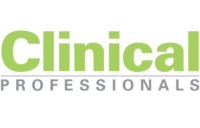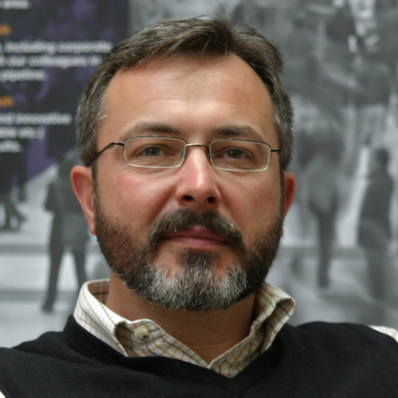Bench to bedside: episode 3 - "what translational science can and cannot do"
BIA’s Science and Innovation Advisory Committee (SIAC) are delivering a series of webinars in 2019 titled ‘Bench to Bedside’. The content has been proposed by industry and will explore the drug discovery process from discovery to delivery.
We are delighted that Dr Glen Clack will join us for episode 3 on 6th September to present on the topic for this webinar.
"What translational science can and cannot do"
‘Our greatest glory is not in never failing, but in rising up every time we fail’. (Ralph Waldo Emerson)
The term "translational science" is being increasingly used to reflect the wish of biomedical researchers to ultimately help patients. It has been defined as “the process of turning observations in the laboratory, clinic, and community into interventions that improve the health of individuals and populations – from diagnostics and therapeutics to medical procedures and behavioural interventions.”
Despite increased efforts and investments into R&D, the output of successful novel medicines has been declining dramatically over the past years. Improvement of translation is believed to be a remedy, as one of the reasons for this widening gap between input and output is the difficult transition between preclinical and clinical stages in the R&D process.
In vivo, in vitro experiments, and early human trials do simply not reflect the patient situation well enough to reliably predict efficacy and safety of a novel treatment. This goal, however, can only be achieved if the translational processes are properly validated. This mainly relates to biomarker development and predictivity assessment, biostatistical methods, smart and accelerated early human study designs and decision algorithms among other features.
There are many examples of where translational medicine techniques have resulted in ‘winners’ being picked and ‘losers’ stopped earlier; however currently, outside of the precision medicine approach, there are fewer examples of more rapid regulatory registration, beyond clinical ‘proof of concept’.
In the past five years there has been a sharp increase in the number of clinical trials designed with a precision medicine approach. In 2018, about one in every four drugs approved by the FDA was a precision medicine therapy, a record high number; it is expected that this will continue to increase. Precision medicines are 10 percent more likely than others to be successfully launched and added to payer formularies. The oncology therapy area performed particularly well: precision medicines were 26 percent more likely to successfully launch.
However, scientists can feel caught in the push for immediate applications. This overemphasis on rapid translation can lead to technologies and applications being rushed into use without critical evaluation of ethical, policy, and social implications, and without balancing their value compared to public health policies and interventions currently in place.
Within translational science, one must choose one’s tool carefully to answer the specific question one is asking and ensure that the tool is validated adequately enough for that point in the drug development paradigm. It may be however that such a tool currently does not exist.
Next episodes 2019:
Episode 4 From Biomarker to Surrogate - 11 October
Concluding session - UK Bioscience Forum, 17 October, London
Media Supporters

Thank you Clinical Professionals
BIA Annual Supporters






.png)
.png)
